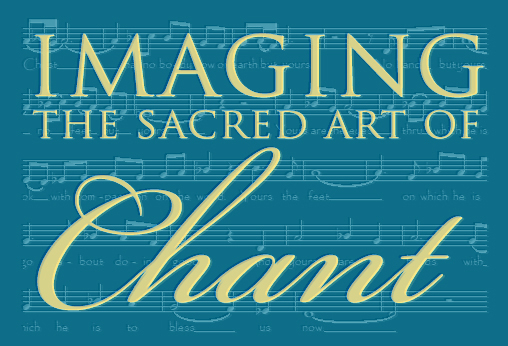|

"Only that
day dawns to which we are awake." - Henry David Thoreau
"Space has a spiritual equivalent and heals what is divided and
burdensome in us." - Gretel Erhlich
"At the beginning of God's creating of the heavens and the earth,
when
the dark was wild and waste, darkness over the face of the
ocean, rushing-spirit of God hovering over the face of the waters -
God said: Let there
be light!; and there was light. God saw the
light: that it was good. God separated the light from the darkness.
God called the light: Day! And
the darkness he called: Night! There
was setting, there was dawning:
one day." - Genesis 1:1-5 (from The
Five Books of Moses, by Everett Fox) |
|
God speaks the light into being. Day! Night! As a musician, I put
great stock in the tools of the trade; listening, practicing,
singing or playing alone or with others. Many of my artist friends
have told me that they listen to music, specifically chant, while
they work. I can't imagine such a thing, because although God might
be able to create the earth while the wind is sweeping over the face
of the waters, I need quiet in order to hear a new chant into being.
However, I see the possibilities, in the chants I sing repeatedly
year after year, when I look through the lens of my camera and
glimpse what I think the composition wants to be, where the parts
might come together to create consonance, or dissonance, or when I
really see the colors of a particular vista at a certain time of
day.
In his book "Music and Imagination," Aaron Copland says,
"This never
ending flow of music forces us to use our imaginations, for music is
in a continual state of becoming." So are we in a continual state of
becoming, and I use chanting to help me to become the most loving
and compassionate person I am capable of becoming.
The pianist Glenn Gould put it a little differently:
"The purpose of
art is not the release of a momentary ejection of adrenaline, but
is, rather, the lifelong construction of a state of wonder and
serenity." When I look at the masters of Chinese brush painting and
see the skill with which one line can be rendered, in addition to
the brevity (which I admire), I see healing, spirit, wonder, and
serenity — I think of it as a melody, like the ones I'm sure have
been with us since the first setting and dawning.
Chanting is to me what I imagine a well-executed brush stroke must
be for a painter: a line we return to our entire life, always the
same yet never the same, by turns supple, solid, rendered in haste
or patience, best when we pay enough attention to honor the energy
of the material, alive when we don't over think it. It's as if we
find our voice and become who we are meant to be line-by-line,
tune-by-tune. This process of becoming and knowing ourselves may
take us over familiar ground, but then we are never the same person
we were when first we began.
I invite you to select a piece of music, in whole or in part, and
with line or camera or collage, bring us a construction of "wonder
and serenity" or passion or peace. And to begin this construction, I
offer a chant called "Om Namah Shivaya" (I honor the divine
within). To hear this chant, click on the "Imaging the Sacred Art of
Chant" banner above.
Ana Hernandez, Musician
Curator, Imaging the Sacred Art of Chant
"Om Namah Shivaya"
included here is sung by Ana Hernandez and
Ruth Cunningham: "HARC"
|
|
This
exhibition is open to artists who are
members of
The Artists Registry
@ ECVA.
You may
submit up to three (3) images for consideration by the Curator of this exhibition.
These images must be in either GIF or JPEG file format and sized so that they
are at least 600 pixels (8.33 inches) on the SHORTEST side, when displayed at a resolution of 72
pixels-per-inch (ppi).
Send
your image attached to an e-mail. In the e-mail, provide
your NAME
as you wish it to appear in the exhibition along with the TITLE of the
image and the ART MEDIA as you wish it to appear. You may also include a
statement which relates your image to this Call, using no more than 150 words (which may be edited for
length).
The
subject line of the e-mail should contain "Imaging the Sacred Art of
Chant” along with
YOUR NAME. The
subject line should look similar to this:
Subject:
Imaging the Sacred Art of Chant, YOUR NAME
Do not use previous
ECVA entry forms.
All submissions must be
received no later than October 24, 2011.
Please note: Images
submitted for this Call must NOT have been shown in a previous ECVA
Exhibition. By submitting entries for this exhibition, you agree that we
may use the images on the
ECVA web site, in printed and
on-line promotional material produced by
ECVA; in the ECVA Newsletter; and on the
Art Blog at
Episcopal Cafe.
Entries must be sent
to
ecvaexhibitions@gmail.com.
If you have questions,
please send them to
editor@ecva.org.
NOTE:
you can always find the current Call from a link on the
ECVA home page.
(Simply look in the right-hand column, and click on "Call For Entries." )
|